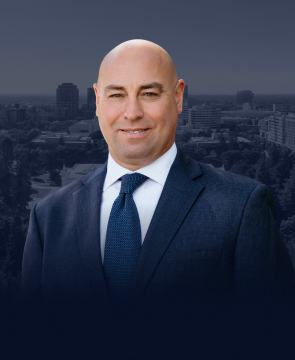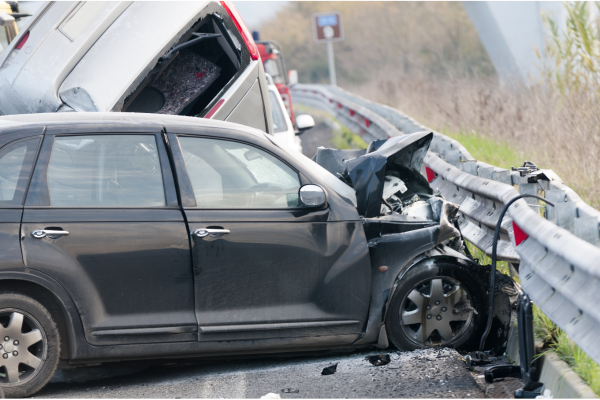August 23, 2013—Redwood City, California—The California Highway Patrol has released its findings that the deaths of five women in May in a limousine fire were due to mechanical failure of the car and not to the driver’s actions. Authorities have stated that they will not charge the driver, who has been accused of making a cell phone call and ignoring the cries for help from the women in the back of the limo.
The car fire took place on the San Mateo-Hayward Bridge and killed five of the nine women in the back. The driver and four women survived. The driver was cited and his company is being fined $1,500 for having too many passengers at the time of the fire.
The CHP states that an air suspension failure in the vehicle’s rear area allowed the driveshaft to contact the floor pan. The friction from this contact ignited the vehicle’s carpets, starting the fire. The doors were locked and the victims were apparently unable to open them in order to exit the burning vehicle.
The driver claims that he misunderstood the women’s initial cries for help, believing one of them to be asking if she “could smoke.” By the time he pulled over and called 911, the fire was already started. He claimed that 911 was busy when he called. However, one of the passengers claimed that the driver was on his phone the entire time and that she herself called 911 after exiting through the partition.
Investigators found that the child safety lock was engaged on one of the rear doors, but the other was too damaged to tell if the lock was engaged at the time of the fire or not. Investigators also found that the fuel system did not contribute to the fire, a finding that has caused concern with some experts. Many are questioning how a fire could be so deadly without the addition of fuel unless there was a serious problem with the structure of the vehicle.
Should The Driver Be Charged?
Some critics are questioning the CHP’s decision not to charge the driver. They believe that there is enough evidence that he was negligent to merit a criminal charge. However, whether the CHP decides to charge the driver or not, he may still be subject to civil liability. The limo company and the manufacturer of the limo may also have liability from this accident.
Civil liability is judged on a different set of factors than criminal negligence. Criminal charges are handled by a different court system than civil lawsuits and have a different burden of proof. It is entirely possible for someone to be “innocent” of a crime but still judged liable in a civil lawsuit.
A personal injury attorney may represent the families of the victims in this case and assist them in filing a wrongful death lawsuit against the driver, the limo company and the manufacturer of the defective vehicle.











